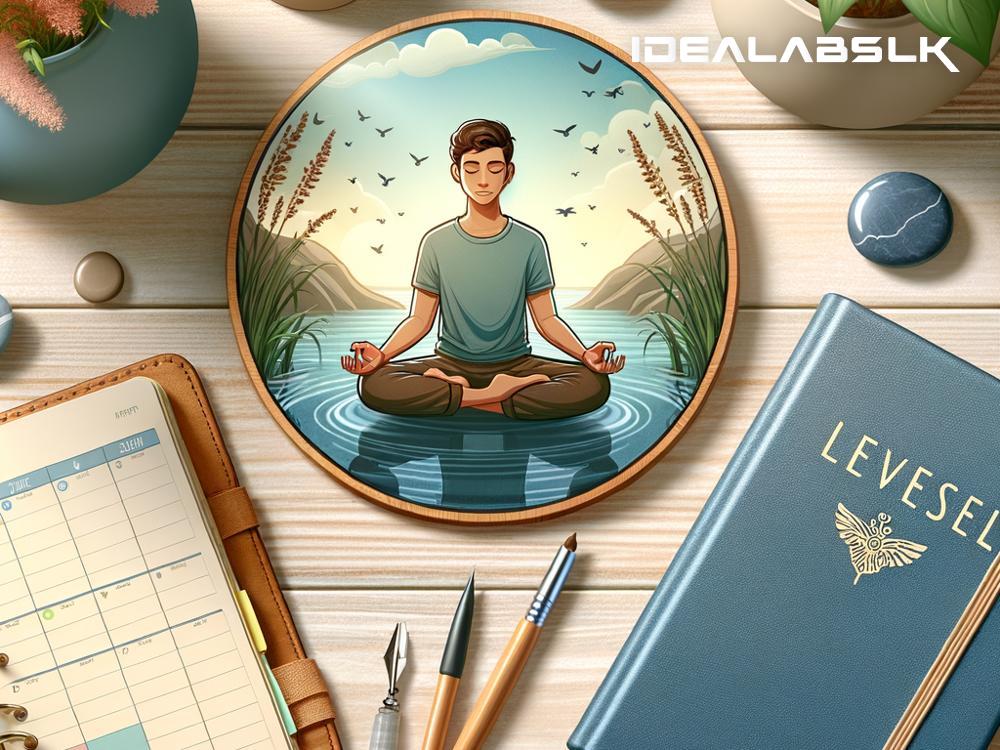How Flexibility in Life Plans Reduces Anxiety
In a world that constantly hammers on the importance of planning and setting goals, it's easy to feel that every aspect of our lives must be meticulously mapped out. While having a direction is undoubtedly helpful, clinging too tightly to our plans can sometimes lead to more stress and anxiety than we bargained for. Herein lies the beauty and relief that flexibility in our life plans can offer.
Imagine you're on a road trip and your GPS suddenly suggests a detour to avoid a massive traffic jam. You'd likely take it, right? Think of flexibility in life plans as that smart, adaptive GPS system. It's about adjusting your route based on the current conditions of life's ever-changing roads. But why, exactly, does embracing this adaptability help reduce anxiety? Let's unpack this together.
1. The Pressure Cooker of Perfectionism
Many of us operate under the silent but heavy pressure of perfectionism. We draft our life's blueprint with the expectation that everything must go according to plan. This rigid approach, however, doesn't account for the unpredictable nature of life. When things inevitably veer off course, it's easy to feel like we've failed, leading to increased anxiety. Introducing flexibility into your planning is like easing the pressure in a cooker before it whistles uncontrollably. It acknowledges that while the path may change, the destination can still be reached, perhaps even through a more scenic route.
2. The Myth of Control
Trying to control every aspect of our lives is like trying to calm the ocean waves—it's futile and exhausting. Control is often a response to the fear of the unknown, a way to shield ourselves from potential disappointment or failure. However, this illusion of control tightens the grip anxiety has on us. By embracing flexibility, we learn to ride the waves instead of tame them. This shift in perspective—from trying to control life to adapting to it—can significantly diminish our anxiety levels.
3. Opportunities in Disguise
Life's unpredictability isn't just about overcoming obstacles; it's also about unexpected opportunities. A rigid plan might make us overlook these chances because they don't fit our predetermined path. Being flexible, on the other hand, opens our eyes to possibilities we may never have considered. It transforms our mindset from one of scarcity and fear to one of abundance and curiosity. Suddenly, a detour in our journey doesn't just represent a delay; it might actually be a shortcut to a more fulfilling destination.
4. The Present Moment
A hyper-focus on future plans can disconnect us from the here and now. We're either too fixated on past mistakes we're trying not to repeat or too worried about future problems that may never materialize. Flexibility brings us back to the present moment, encouraging a mindfulness that is profoundly anxiety-reducing. It allows us to adapt and make decisions based on the current situation, not the hypothetical scenarios we create in our heads.
5. Self-Compassion
Lastly, being flexible with ourselves fosters a sense of self-compassion. It acknowledges our efforts and recognizes that adjusting our plans doesn't signify failure; it signifies growth. This gentleness with ourselves is a powerful antidote to anxiety, which often feeds on self-criticism and doubt.
How Can We Cultivate Flexibility?
Embracing flexibility isn't about abandoning all plans. It's about holding them lightly. Here are a few pointers on how to do just that:
-
Expect the Unexpected: Anticipate change as a norm rather than an exception. This mental preparation makes adapting easier.
-
Set Realistic Goals: Aim for progress, not perfection. Allow room for delays or changes.
-
Mindfulness Practice: Engage in activities that connect you with the present moment, such as meditation or journaling.
-
Self-Reflection: Regularly assess your goals and the feasibility of your plans. Be honest about what’s working and what’s not.
-
Seek Support: Share your thoughts and feelings with friends, family, or professionals. Often, a fresh perspective can help us see the flexibility we didn’t know we had.
In conclusion, while planning is invaluable in giving our lives direction, clinging too rigidly to those plans can lead to unnecessary anxiety. By cultivating flexibility, we not only reduce this anxiety but also open ourselves to a multitude of possibilities that rigid plans would never allow. Flexibility doesn't mean we're drifting aimlessly; it means we're sailing with finesse, adjusting our sails to the winds of life with a sense of calm and adventure.

